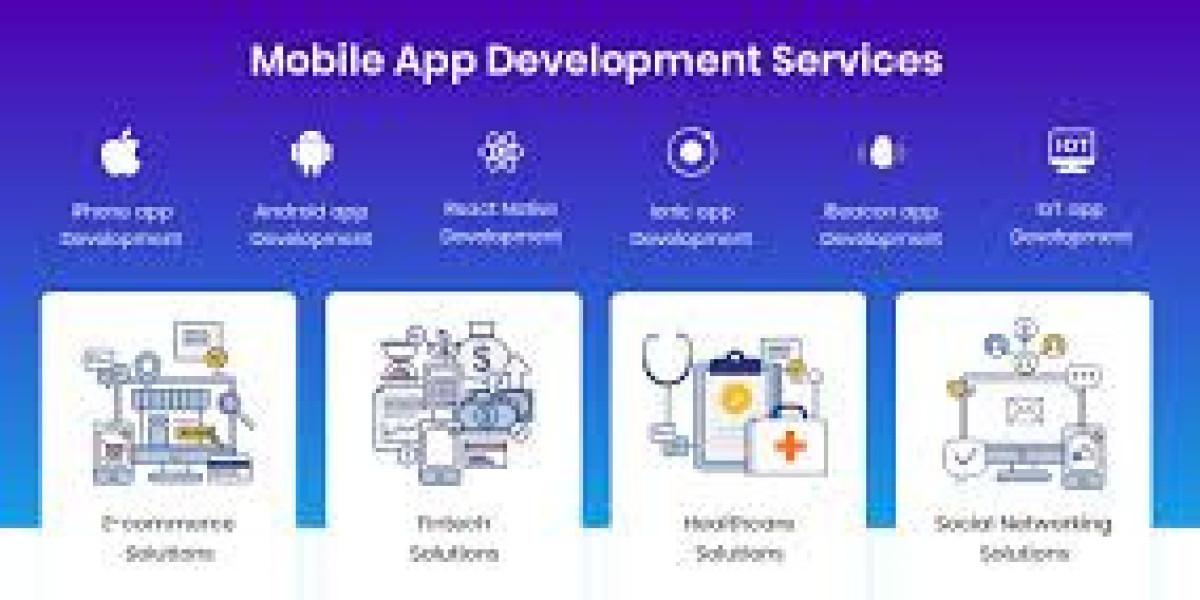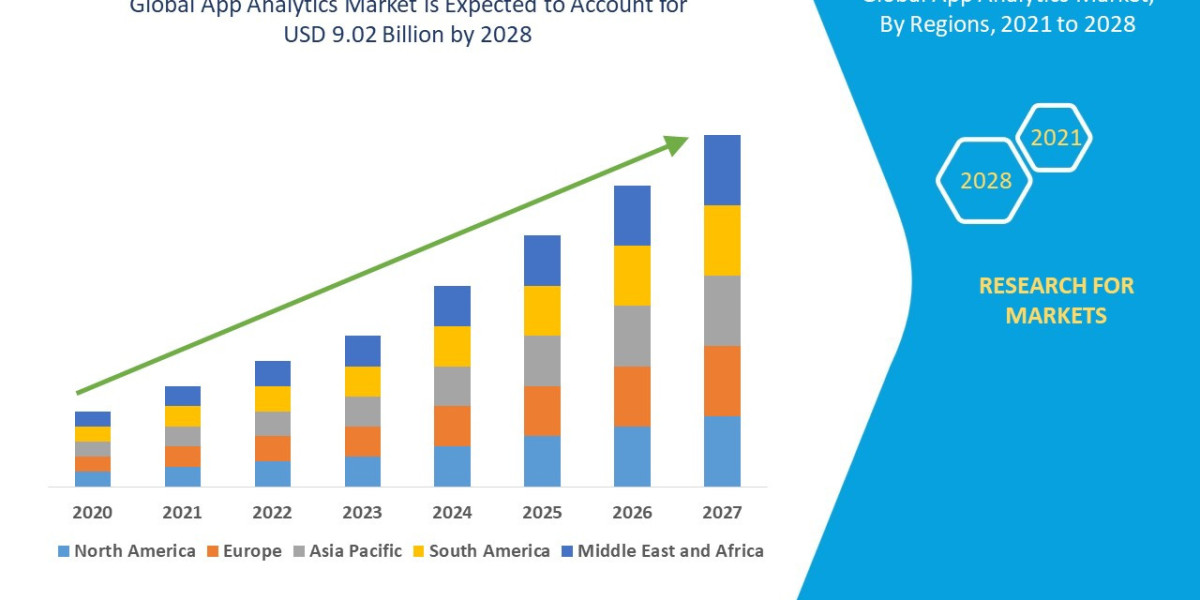In an era where smartphones have become an integral part of daily life, Mobile Application Development service play a pivotal role in connecting businesses with their customers. With millions of apps available across various platforms, the demand for innovative, user-friendly applications continues to grow. This article explores the key components, benefits, and essential considerations of app development services.
What is App Development?
App development refers to the process of creating software AI app development services for mobile devices, including smartphones and tablets. These applications can serve various purposes, from enhancing productivity and facilitating communication to providing entertainment and e-commerce solutions. Apps are typically developed for specific platforms, primarily iOS and Android, and can be categorized into three main types: native apps, hybrid apps, and web apps.
Native Apps: Built specifically for one platform (iOS or Android), native apps offer the best performance and user experience. They leverage the device’s hardware and operating system features, resulting in smooth functionality and high responsiveness.
Hybrid Apps: Combining elements of both native and web apps, hybrid apps are developed using web technologies like HTML, CSS, and JavaScript. They are hosted inside a native container, allowing them to access device features while being compatible across multiple platforms.
Web Apps: These are responsive websites that function similarly to native apps. They are accessed through web browsers and do not require installation on the user’s device. While web apps offer lower development costs, they may lack some advanced features available in native apps.
Key Components of App Development
Ideation and Research The app development process begins with ideation, where ideas are brainstormed, and a clear concept is defined. Market research is crucial during this phase to identify target audiences, understand their needs, and analyze competitors. This foundational step ensures that the app addresses real problems and stands out in the crowded marketplace.
Design The design phase focuses on creating an engaging user interface (UI) and a seamless user experience (UX). Designers create wireframes and prototypes to visualize the app’s layout, navigation, and overall functionality. An intuitive design not only enhances user satisfaction but also encourages higher retention rates.
Development During the development phase, developers choose the appropriate technology stack and programming languages based on the app type. For native apps, Swift or Objective-C for iOS and Java or Kotlin for Android are common choices. For hybrid apps, frameworks like React Native or Flutter may be used. This phase involves coding the app’s features and integrating backend services.
Testing Rigorous testing is essential to ensure the app functions correctly and meets quality standards. Various testing methodologies, including unit testing, integration testing, and user acceptance testing, are employed to identify and fix any bugs or performance issues. A well-tested app minimizes the risk of negative user experiences upon launch.
Deployment Once testing is complete, the app is ready for deployment. This involves submitting the app to app stores (like the Apple App Store or Google Play Store) and ensuring compliance with their guidelines. The deployment process also includes configuring backend services, databases, and any necessary integrations.
Maintenance and Updates After the app is launched, ongoing maintenance is crucial to keep it running smoothly. This includes fixing bugs, adding new features, and ensuring compatibility with the latest operating system updates. Regular updates based on user feedback are vital for keeping the app relevant and engaging.
Benefits of App Development Services
Enhanced Customer Engagement Mobile apps provide a direct channel for communication with customers, enhancing engagement through push notifications, updates, and personalized content.
Brand Loyalty A well-designed app can foster brand loyalty by offering unique features, seamless user experiences, and consistent value to users.
Accessibility Apps provide users with easy access to services and information anytime, anywhere, making it convenient for them to interact with your brand.
Revenue Generation Apps can create new revenue streams through in-app purchases, subscriptions, or advertising, providing opportunities for monetization.
Data Insights Mobile apps allow businesses to gather valuable data on user behavior and preferences, enabling informed decision-making and targeted marketing strategies.
Considerations for App Development
Choosing the Right Development Partner Selecting a reliable app development partner is crucial for success. Look for a team with a proven track record, industry expertise, and positive client feedback.
Budget and Timeline Clearly define your budget and timeline for app development. Understanding the costs involved and the time required for each phase will help manage expectations.
User-Centric Approach Prioritize the user experience by conducting user testing and gathering feedback throughout the development process. A user-centric approach increases the likelihood of app adoption.
Security Measures Ensure that your app incorporates robust security measures to protect user data and privacy. Compliance with regulations like GDPR or CCPA is essential.
Post-Launch Strategy Have a strategy in place for post-launch activities, including marketing, user acquisition, and ongoing support. Continuous engagement with users will help maintain interest in the app.
Conclusion
App development services are essential for businesses looking to harness the power of mobile technology. By understanding the key components, benefits, and considerations involved in the app development process, organizations can create innovative applications that meet user needs and drive business growth. Whether you are a startup with a groundbreaking idea or an established business aiming to enhance customer engagement, investing in app development can pave the way for success in the digital landscape.






